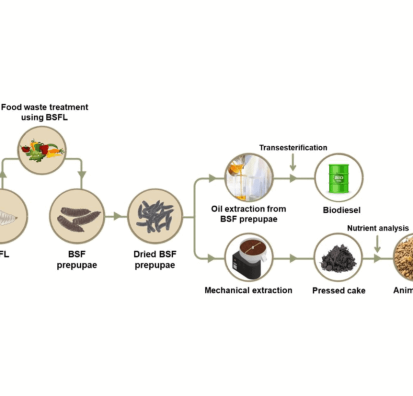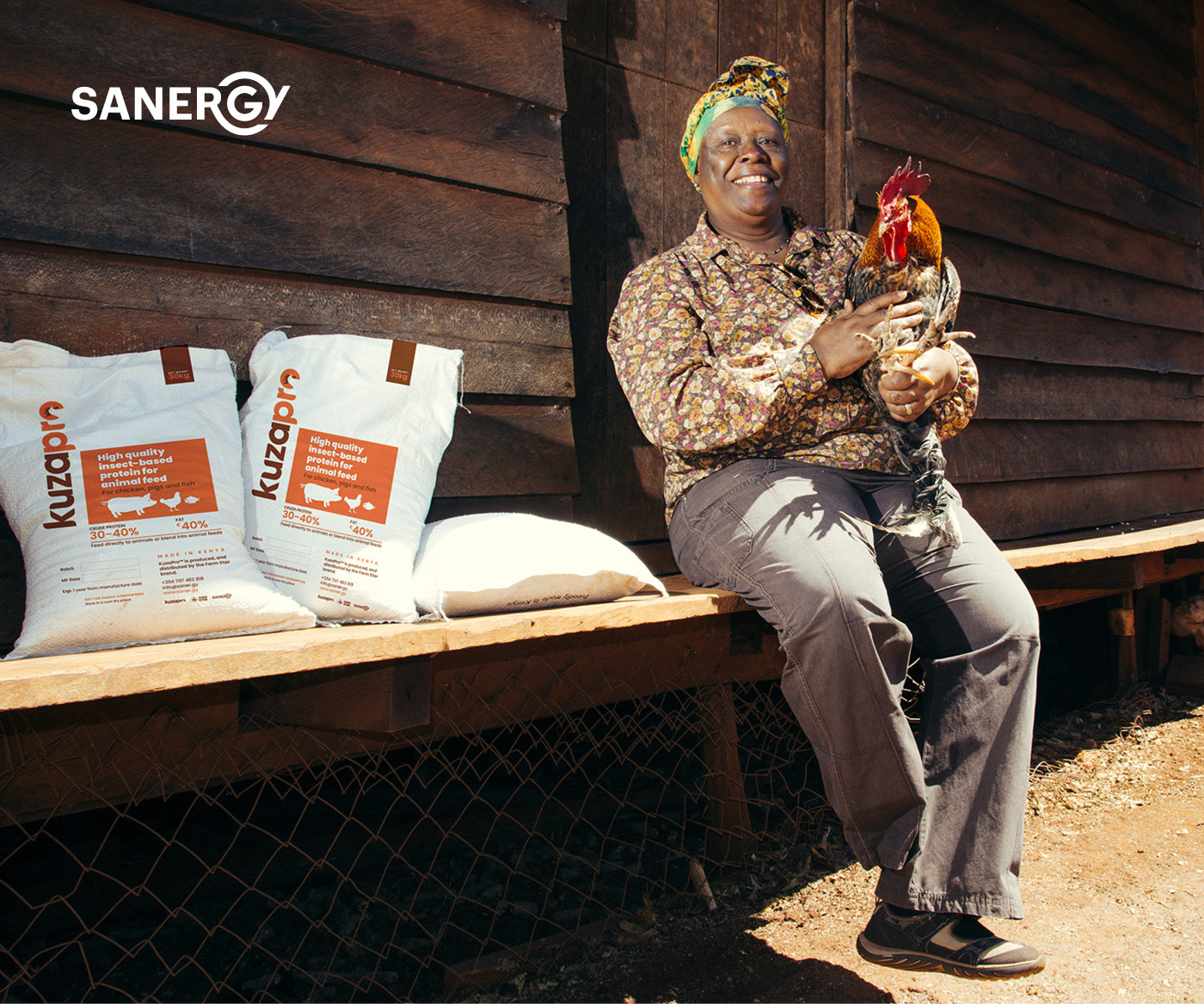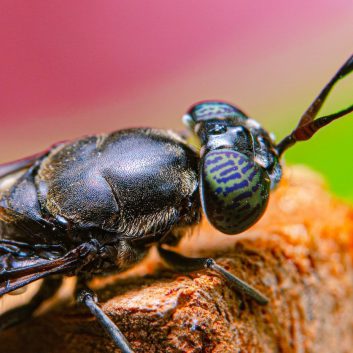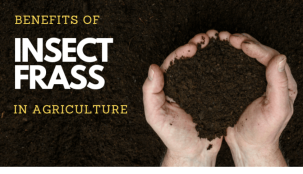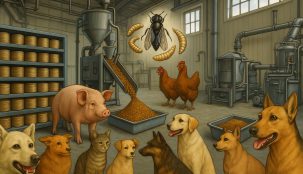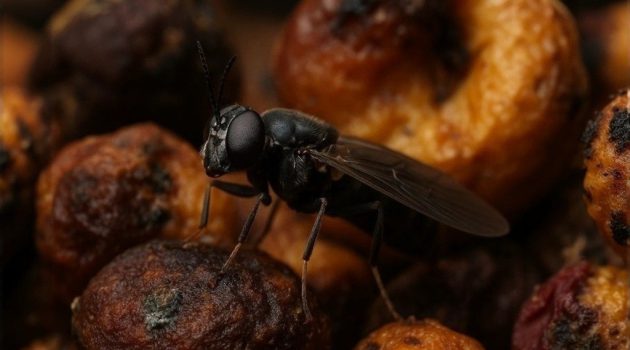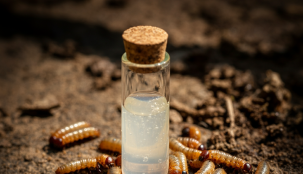Biodiesel Production from Black Soldier Fly Larvae
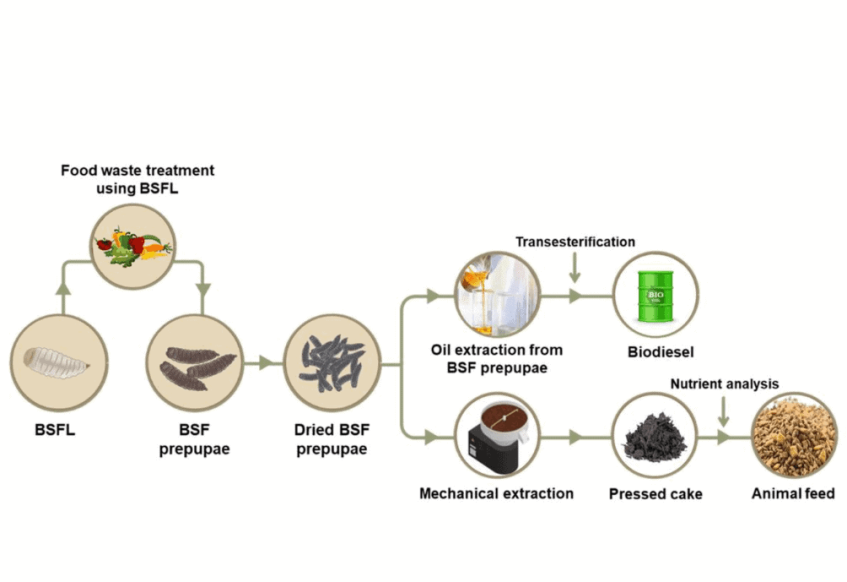
Introduction
In this study by Sejong University and a Research Institute of Petroleum Technology, biodiesel was synthesized from black soldier fly larvae (BSFL) grown on food waste, and the fuel properties were examined to evaluate its feasibility as a potential transportation fuel in Korea. With the ever-growing concern for sustainability and reducing food waste, this research supplies a promising solution to the problem.
Key Findings
The results showed that the highest yield of biodiesel produced was 86.51% and all parameters of biodiesel produced from BSFL met the Korea fuel standard except for oxidation stability. However, the oxidation stability was improved with the addition of an antioxidant.
The ability of insects, including BSFL, to store energy in the form of lipids makes them a potential feedstock for biodiesel production. BSFL, in particular, have a long development time and self-separation behavior, making them an attractive option.
The process of producing biodiesel from BSFL involved growing the larvae on food waste for 14 days, extracting the lipid, and synthesizing the biodiesel through transesterification. The resulting biodiesel was purified through distillation, and its properties were measured to meet the Korea biodiesel fuel standards.
Conclusion
This research proves that BSFL biodiesel is a feasible solution for sustainable transportation fuel and has the potential to reduce food waste. It’s important to further explore the use of insects as a feedstock for biodiesel production and find ways to improve their efficiency and scalability.
